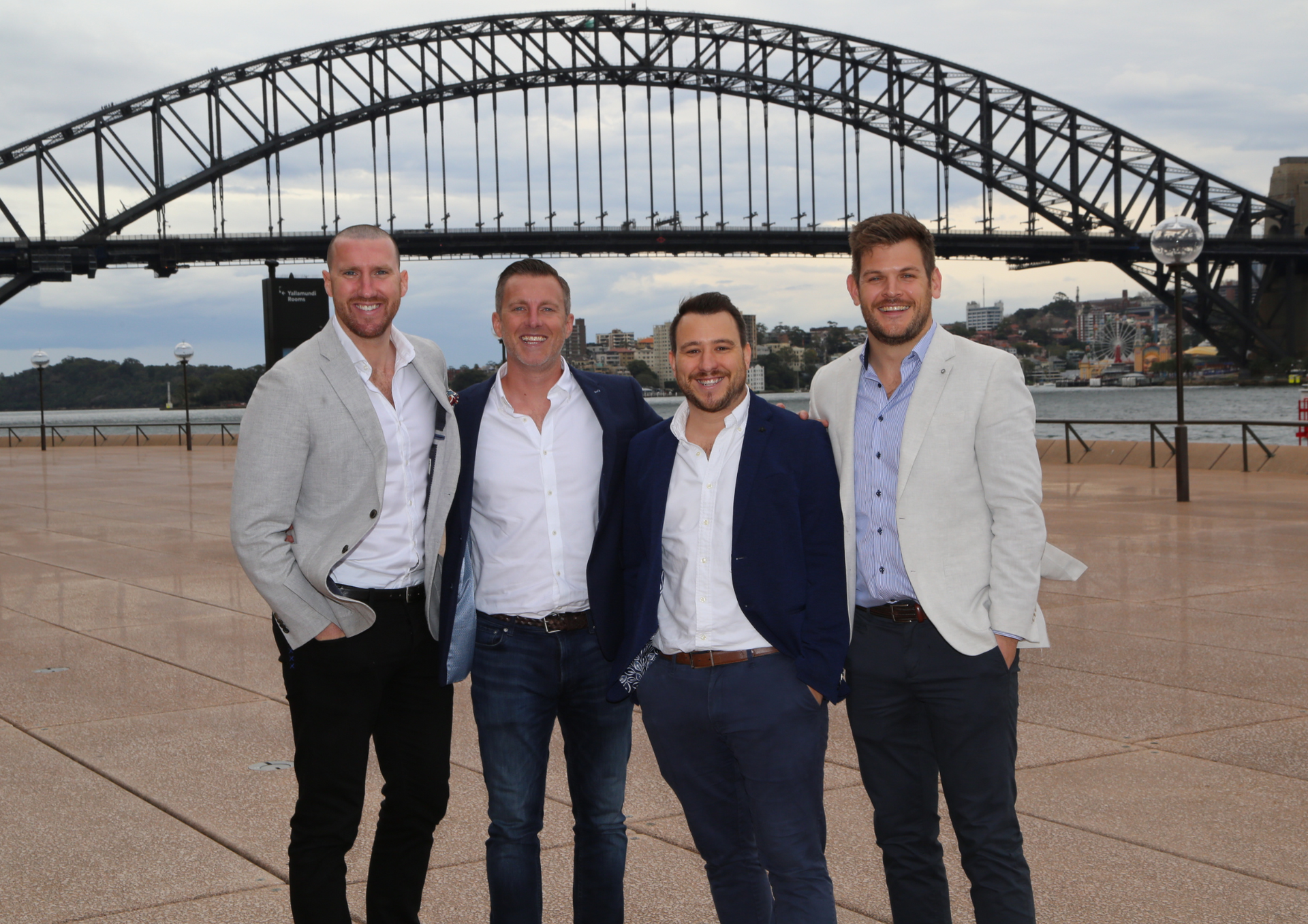10 important questions to ask in interviews before you take a job
It’s a funny old market right now. While some candidates are spoiled for choice when it comes to new employment opportunities, others are experiencing layoffs as businesses grapple with rising living and operating costs. Whatever your reason for looking, there are some essential questions you’ll want answered before taking a new job.
Consider that 38% of respondents in our 2022 Candidate Motivators Report indicated ‘a lack of purpose’ motivated them to change roles with a new employer. So, start here. Establish what motivates and drives you first. Then during your interview, you can ask important questions that link to personal goals and values to see if the opportunity is right for you.
10 questions to ask employers in your interview to assess company fit
What we tend to find is that candidates are so focused on thinking, ‘Will they hire me?’ that they forget interviews are an opportunity to assess, ‘Is this company a good fit for me?’
Try working these questions into your interview.
1. What’s your favourite part of working here?
This should be an easy one for your interviewer to answer! Do they fumble or do they beam with pride? Does their answer align with what you’re looking for?
2. What do you predict will be the fastest growing part of the company in the next five years, and how does my role contribute?
Is there a strategic direction? Or does their response come across as disorganised? Sometimes organisations can use the term ‘agile’ to describe something that’s a bit reactive, a bit slapdash. Fine for some, but get clarity on their working style to make sure that, whatever it is, it works for you.
Understanding the company’s direction and how you’ll actively contribute to their mission and growth should help you find purpose in the role. Take note of the language used and how your role may evolve (if, at all) over time.
3.
Based on a typical workday for someone in my position, what would you say is the biggest stressor on a daily level?
We all have different thresholds or capacity and capability for managing stressful situations (at home and in the workplace). Further, while many of us are stressed by some of the same things – job security, financial stability, relationship conflict – our personal definition of ‘stressors’ can be subjective. For example, some people thrive in chaos while others need undisrupted, reliable routines to thrive.
4. What does a typical workday look like here? When do people generally start and finish their day?
This question is critical for setting expectations of how you’ll need to operate, and where they stand on employee wellbeing.
Consider that some workplaces have a culture of excessively long hours spent in the office. On the other end of the scale, you’ll find remote-first, fully flex workplaces where employees can clock on and off as it suits their working style. Additionally, some workplaces drown in back-to-back meetings, while others insist on critical need only. Find your fit.
5. What are your expectations around “reachability” after work and on the weekends?
Work life balance is something to consider when taking on a new role with new responsibilities. Get to know the expectations of using your personal time for work commitments or even just responding to calls and emails and negotiate accordingly.
6. What things do you expect the new hire to fix or make happen in the first six months?
Unrealistic or unmet expectations that don’t match reality can lead to employee disengagement and high new hire turnover. Ask this question to set the tone for expectations on the job. As a candidate, you may also get an idea of whether this is a safe place to make and learn from mistakes.
7. What are your thoughts on work-life integration?
Sixty-five percent of female candidates in our 2022 Candidate Motivators Report put flexible working arrangements in their top 5 candidate drivers. In Sydney, we saw ‘flexible working’ and ‘work-life balance’ climb the rungs, nearly knocking off ‘competitive salary’ as the top motivator.
Unfortunately, when organisations spruik ‘flexible working’ and ‘work-life balance’, it can mean different things for everyone involved. For example, in the public sector, flexible working will often mean flexible start and end times, possibly some work-from-home if your workplace can support it. But post-Covid, we’re seeing companies offer Work-From-Anywhere and work on your terms that are customisable to the individual’s preferred working style. What does balance mean to you?
8. How do you manage performance and salary reviews?
Knowing straight up how you are going to be incentivized and rewarded for performance will let your interviewer know that you are serious about making your mark there. Recognition comes in many forms (do you know your workplace love language?). To feel a sense of satisfaction at work, you must find what works for you.
9. Why is this position open?
You’ll want to find out if this is a new role or backfill position. Their response will open other lines of questioning. If it is new, you’ll be able to expand on the conversation about new hire expectations and ownership of the role’s direction.
10. How do you like to communicate with the people on your team? How do they communicate with each another?
Whether it’s death by email or fun and frivolous on Slack. This is another helpful question to figure out if this is a workplace where you’ll be drowning in meetings and your inbox! If it’s a remote team, how will the team stay connected (from a productivity point as well as a bonding one)? And finally, will you be expected to have answers right away, or will your team give you time in the problem to find the best solution rather than the quickest one?
If you’re looking for a role and employer that provides a sense of purpose, fulfilment and aligned working style, check in with yourself first. Then you can ask these important questions during your interview to accurately assess if the job and company is the right fit for you.


Recruitment International Awards’ The Rising Star’ award winner 2018, 2019 & 2020 & Best Large Recruitment Agency 2021

The Global Recruiter Asia Pacific Awards Best Newcomer Award Winner 2019

Quicklinks
Disciplines
Get in Touch
Sydney: Level 7/10 Spring St, Sydney NSW 2000
Brisbane: 40 Creek Street, Brisbane City QLD 4000
Melbourne: Level 7, 222 Exhibition Street, Melbourne VIC 3000
© Talenza Pty Limited. All rights are reserved.




